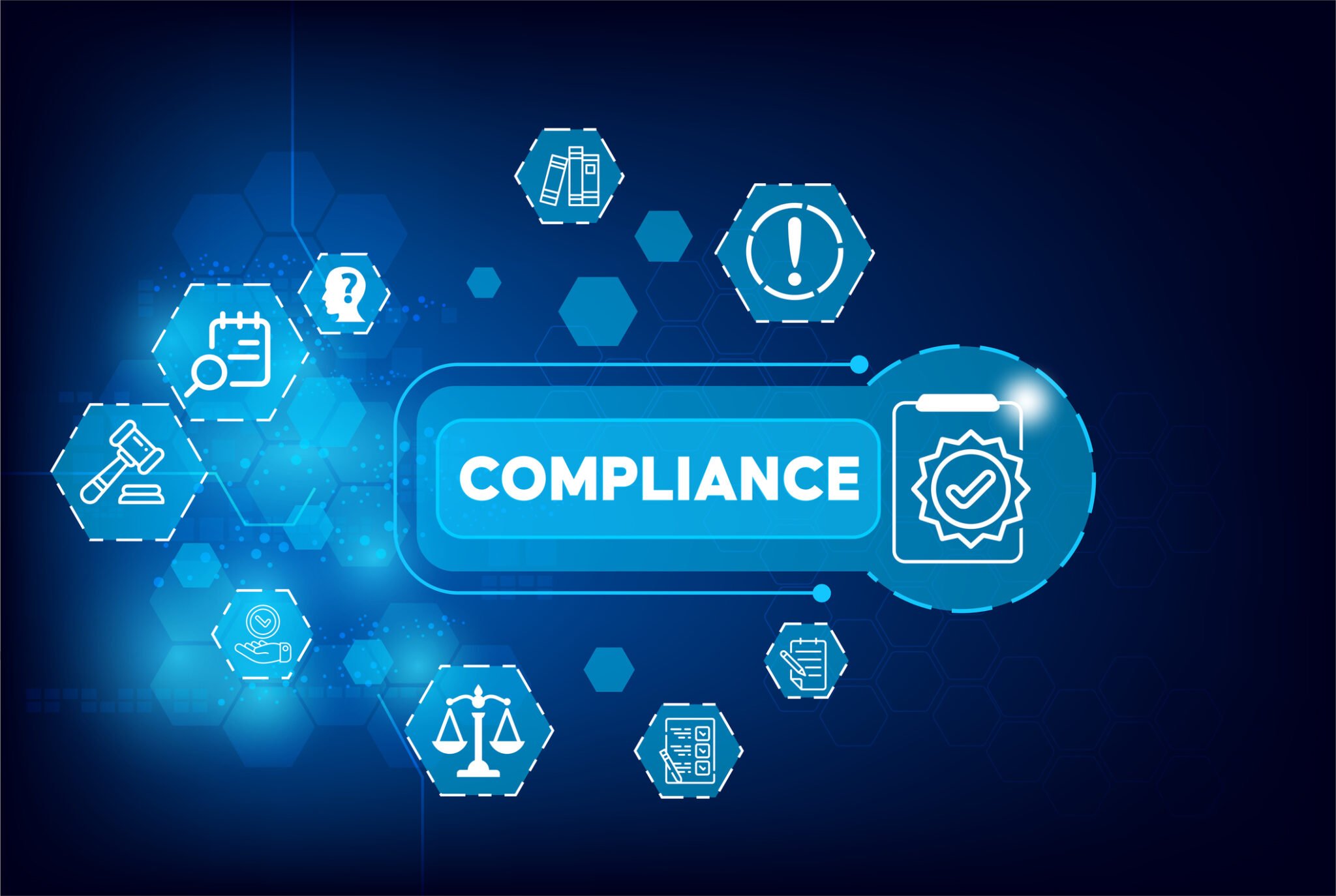A recent Silverfin survey reveals a surprising trend: one cohort of accountants are adopting AI technology at a faster rate than other cohorts, and it’s not who you think. Accountants aged 55 and older are, curiously, at the forefront of AI technology adoption, ahead of their younger counterparts. This challenges traditional assumptions that younger professionals are more inclined toward technological advancements and more comfortable with change.
Given that AI technology helps to improve productivity levels, exploring this trend is a valuable exercise. Understanding incentives and obstacles may help unlock answers to AI resistance, and ensure that the technology’s benefits are accessible to all. A manager with an understanding of barriers to adoption is better equipped to help their teams navigate the complexities of new technology.
So, why are experienced accountants embracing AI faster? There are several possible reasons:
1. Depth of experience meets technological efficiency
Older accountants bring decades of experience managing complex financial processes and understand the time-consuming nature of manual workflows. When they see that AI resolves irksome, repetitive, time-consuming tasks, they are quick to recognise the value. It’s not surprising that they would be the first to use technology to automate repetitive tasks like reconciliations and data entry so they can focus on higher-value, strategic advisory services. Indeed, survey results show that certain tasks have a wider age group divide in AI adoption than others, for example workflow automation, when 57% of older accountants are more likely to use AI, and only 27% of junior counterparts do the same.
2. Recognising pain points
Having firsthand experience with legacy or manual systems, older accountants recognise the tasks that tend to be pain points. From laborious compliance tasks to data-heavy reporting cycles, AI automation drastically improves accuracy in completing laborious compliance tasks and data-heavy reporting. Getting it right the first time saves a considerable amount of time and stress later down the line, and reduces the need for detailed reviews to find an error in a mountain of data. This can also be seen in the survey results, where there is another huge gap between adoption rates of compliance-related AI: 71% vs. 39% in favour of the older generation.
3. Navigating talent shortages
The decline in accountancy students is a worldwide problem, and as a result, the sector is experiencing a massive drop in new talent. Part of the issue is that the perception of accountancy as a career that lacks opportunity for advancement, less rewarding than more cutting edge sectors such as fintech or data science. Because of increased efficiency and reduced workload, AI helps to mitigate the risk of a shrinking talent pool. Senior accountants will be incentivised to explore the various applications of AI in their work, and to adopt the technology at a quicker pace amid hiring challenges. Accounting teams will still be able to scale their operations regardless of the scarcity of new talent, and without adding to their work burden.
4. Continuous learning and adaptability
Far from resisting change, older accountants are showing up as surprisingly adaptable. The mature professional is keenly aware of the need to future-proof skills and stay relevant, to take ownership of new tools and technologies that enhance productivity and client value. Younger professionals, so-called ‘digital natives’, having always lived in a technology-enabled environment, will be less aware of the rate of technological change and, therefore, possibly do not feel the same pressure to stay updated.
Read more: Artificial Intelligence in Accounting: Market Trends for 2025 and Beyond
Why are younger accountants lagging?
They may be digital natives, but younger professionals face a number of structural barriers that limit access to AI tools:
- Training gaps: the onboarding process traditionally, and understandably, has a focus on accounting tasks, which means there is a missed opportunity to expose junior staff to the use of AI or automation in the reporting cycle, or compliance.
- Limited exposure: Entry-level roles also tend to focus on transactional tasks, limiting interactions with AI-powered platforms.
- Decision-making distance: Younger staff are typically employed in basic accountancy processes and are unlikely to perform in strategic roles, which is where AI is more heavily leveraged.

Bridging the AI adoption gap across generations
An awareness of the tendency for a generational gap in AI adoption may prompt action for many firms. Here are a few suggestions of steps they can take:
1. Structured training
Implement structured AI and automation learning programmes across all levels and include AI in CPD and onboarding programmes. This will help to give younger team members a better understanding of AI benefits, as well as the need to stay updated with new technologies.
2. Cross-generational mentorship
Mentorship can be a two way street. Pair senior accountants with younger team members to encourage knowledge sharing and AI application insights, and younger team members can help their senior colleagues with digital tools.
3. Expand hands-on AI exposure
Include younger staff in AI-focused projects like automation initiatives or data analytics tasks. Any real-world application can help with comfort levels and skill-building.
4. Incentivise AI engagement
Link AI-related learning and application to performance KPIs and career development goals. Recognise and reward staff who innovate with AI tools.
5. Involve younger staff in tech implementation
Create technology working groups with a cross section of team members to increase interest and engagement, and encourage adoption.
6. Create AI learning sandboxes
Provide simulation environments where everyone can safely experiment with AI tools and automation processes. Create competitive projects that encourage exploration and self-taught programmes.
Read more: AI in Accountancy – Making Sense of Implementation
The way forward
The generational divide in AI adoption highlights the role of experience in recognising and leveraging technology’s actual value. Younger accountants have the potential to be just as agile if given the right environment, incentives, and support.
Firms that manage to bridge this adoption gap stand to unlock greater productivity and collaboration across teams, and ensure a consistent quality of output.
Read more: The Future of AI in Accounting: Where Are We Headed?
Discover how Silverfin’s AI-powered platform can help your entire team harness the power of automation.














